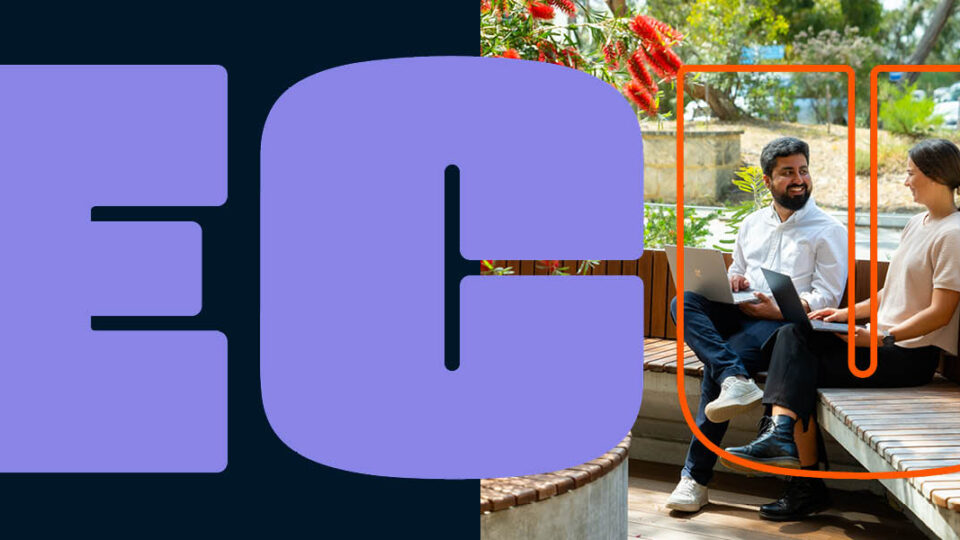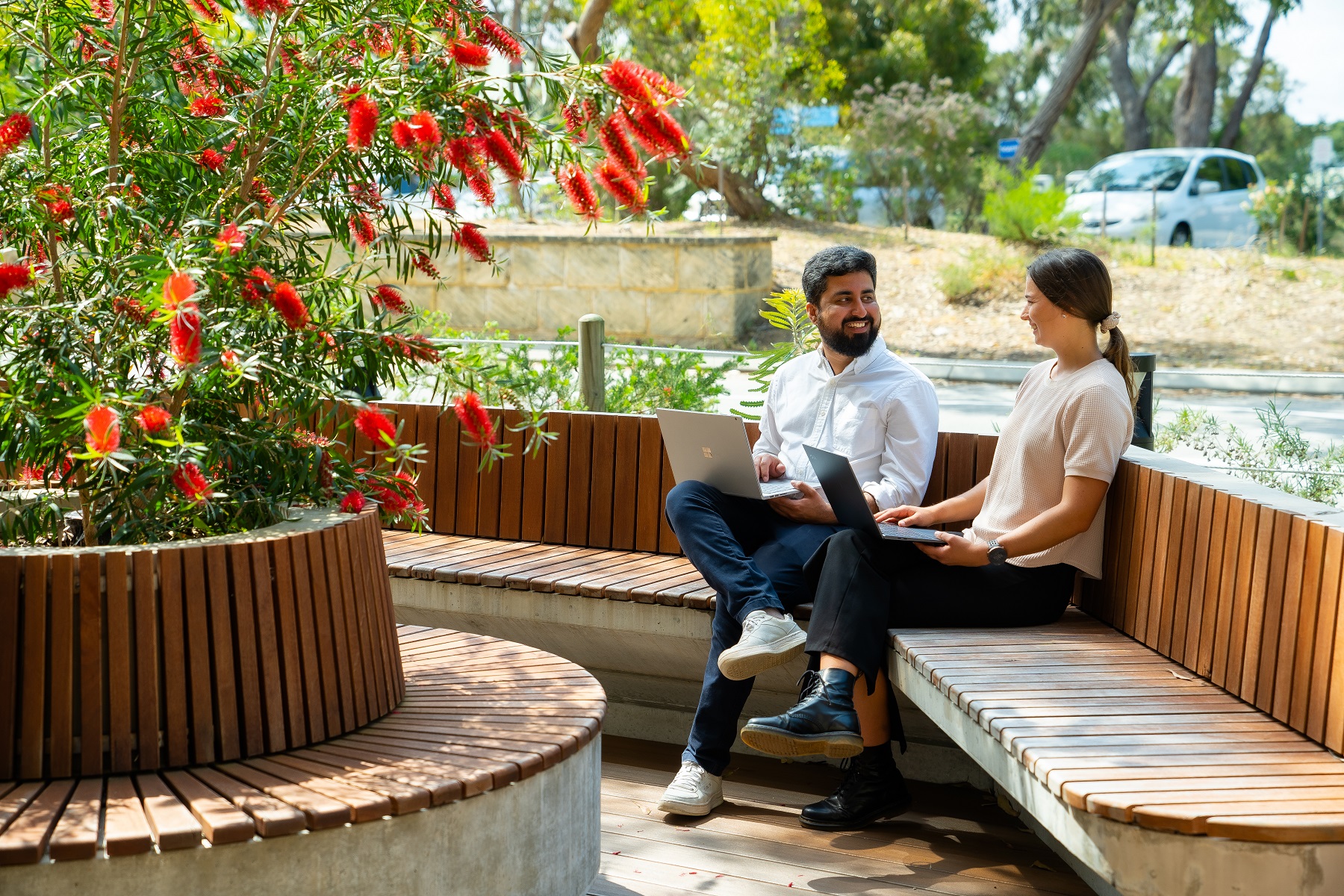
Designing Mentoring Programs that Work
This article was contributed by Amy Blundell, Alumni Relations Manager, Edith Cowan University
Mentor programs are known for their win-win-win propositions, for participants as well as the organising entity. In the educational setting, providing a student or new graduate with a bespoke mentor match is one of the most valuable personal and professional development opportunities an institution can offer. Finding a suitable person with a common connection and forming a mentor relationship on your own is not easy, let alone for those with little to no industry experience or networks. But for a school or university with a graduate community to draw from, a mentor program is also an incredibly powerful vehicle for Alumni engagement and organisational Advancement.
In saying this, being the curator of human relationships is not something to be taken lightly. Not done right, a mentor program can fast become a drain on your time and resources for little results or return. All good intentions aside, mentorship gone wrong can be damaging for both parties involved and have the potential to cause brand and reputational damage for the institution.
So, what are the keys to creating an effective and sustainable mentor program that will help enhance your brand? Here are six tips below based on a decade of alumni mentoring at Edith Cowan University:
- Keep it simple
In prior years, we have found ourselves overcommunicating with numerous emails, events and even a private LinkedIn group. We have come to realise that our most important role is as matchmaker so that’s where we are dedicating most of our time and energy now. From there, it’s over to the pairs themselves to make it work for them.
- Empower your mentors
We created a ‘Resources Vault’ exclusively for mentors to access and use. It’s not as fancy as it sounds – it’s just a shared drive with a suite of documents covering themes and soft skills that mentors can use to help guide discussions. The resources are all made available at the commencement of the program to allow mentors to determine the flow of topics and deliver content based on their individual mentee’s needs.
- Facilitating face-to-face connection early where possible
Having a program that is flexible enough to include non-Perth based participants has been important, but we have put more emphasis on trying to facilitate in-person connection between matches very early in the program. We are doing this through an in-person training session which culminates in the pairs completing their mentor agreement together. Participants are asked to save the date for this when applying to join the program.
- Quality over quantity
Over the past 10 years, the ECU Alumni team has grown the program to include over 200 participants per year. This steady and sustained growth has been key to the success of the program. Mentor pairs are carefully and individually curated, which results in more successful matches, positive experiences and repeat participation. ECU’s program started with just 15 pairs, but that was still 30 people impacted in a positive way in year one alone.
- Show appreciation
Mentors are volunteers and are some of your institution’s best ambassadors. They are also the people that are statistically more likely to be donors or leave a gift in will later down the track. Treat these relationships like gold! A simple letter of appreciation from a senior executive, or complimentary tickets or an invite to a special event is an effective way to make these people feel valued for the important contributions they are making to enhance the student experience, improve graduate outcomes and fast track career development.
- Get outside help
Mentoring is a niche field, so if you know of someone in your Alumni or professional network who can help establish or review the structure and workings of your program, ask for support. People outside of your organisation can offer fresh and valuable perspectives.
Establishing a mentor program can seem like an overwhelming task and growing or sustaining one with limited resources can be challenging. What makes it all worth it is seeing mentees grow, mentors find fulfillment, and how much your organisation can benefit from having a mobilised squad of alumni volunteers helping to transform lives in our community.

